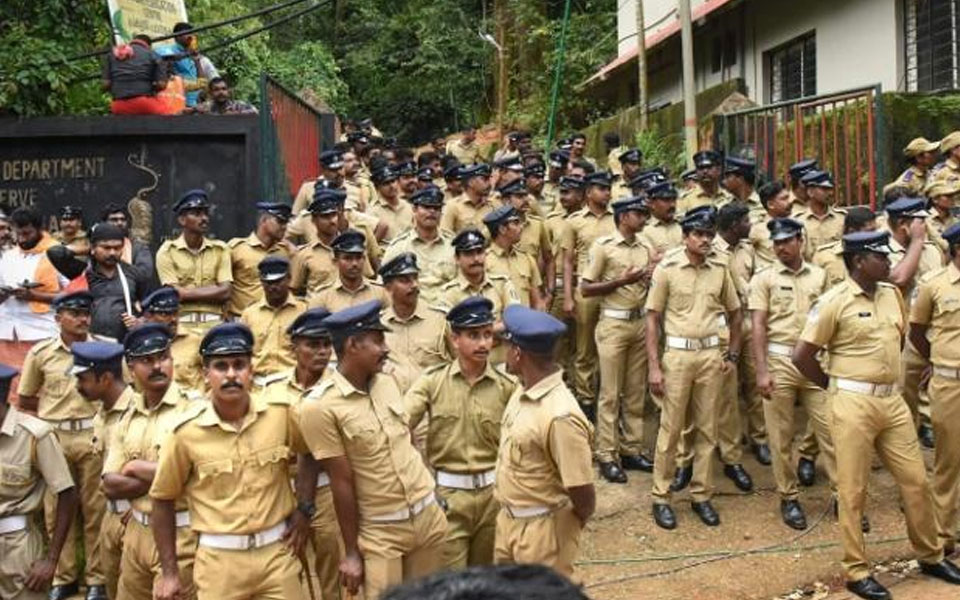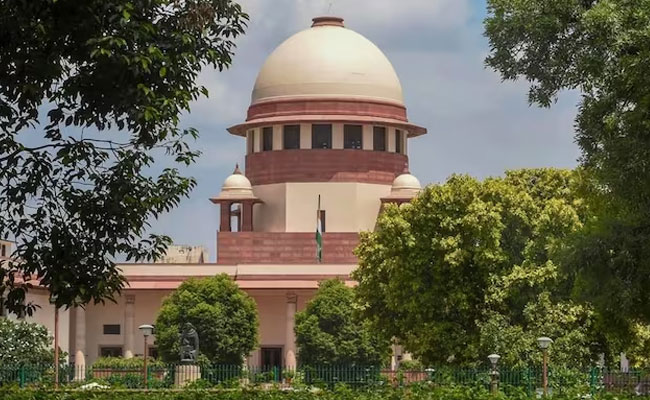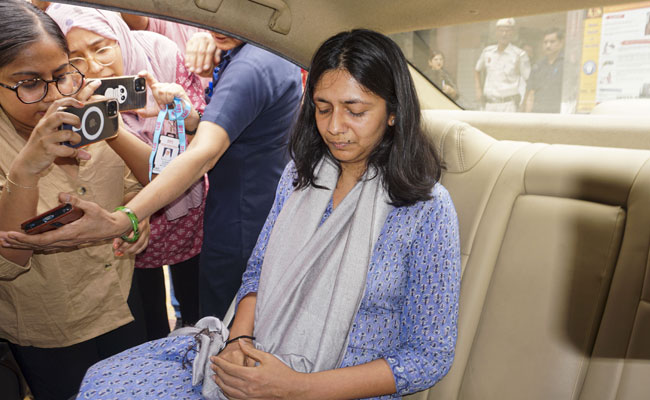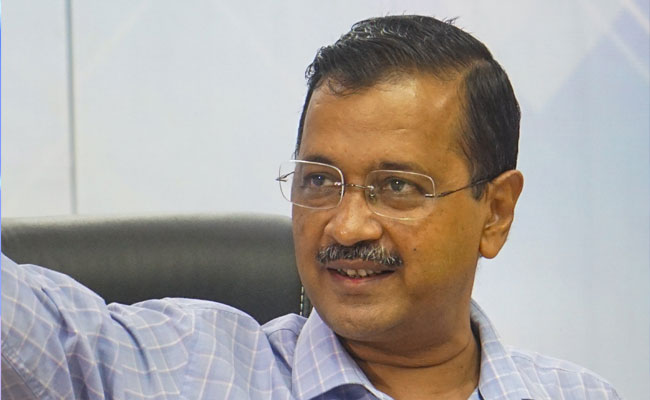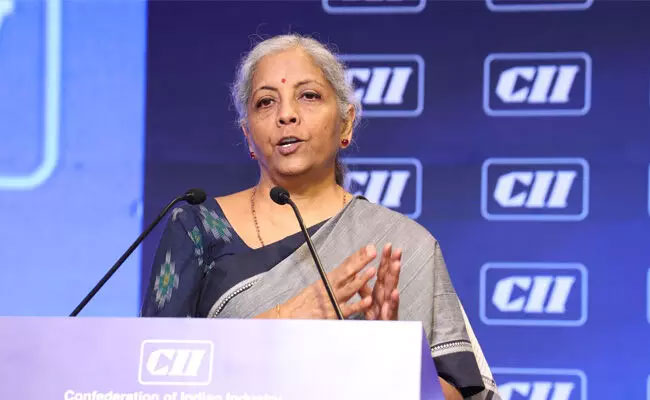Thiruvananthapuram, Jan 4 : Prohibitory orders have been imposed in Palakkad town and Manjeswaram Taluk of Kasargod district in northern Kerala late Thursday night after widespread protest erupted over the entry of two women in their menstrual age in to Sabarimala temple.
Palakkad District Collector D Balamurali issued the order for Palakkad Town after considering the reports filed by various officials including the district police chief.
"Prohibitory order has been imposed till 6 PM today after considering the tense situation prevailing in the town. We have called for an all-party meeting at 4 pm. Further decisions will be taken after that meeting," Balamurali told PTI.
Kasargod district Collector D Sajith Babu issued the prohibitory order at Manjeshwaram Taluk under Section 144 of the Code of Criminal Procedure (CrPC).
Prohibitory orders have been issued at 11 pm Thursday for 24 hours.
Section 144 of CrPC prohibits an assembly of more than four persons in an area.
Palakkad town witnessed widespread violence since Wednesday morning where the party offices of CPI(M), CPI and the BJP were attacked.
In the dawn-to-dusk hartal on Thursday called by the Sabarimala Karma Samiti, and supported by the BJP, the party offices of CPI and CPI(M) were vandalised.
Later in the evening, a march of Left Democratic Front turned violent with protesters attacking the BJP office. Scores of vehicles were damaged in Palakkad town and shops were vandalised.
A day after two women- 42-year-old Bindu, a college lecturer and CPI(ML) activist from Kozhikode district's Koyilandy, and Kanakadurga, 44, a civil supplies department employee from Angadipuram in Malappuram, entered the Sabarimala shrine, Kerala witnessed violence and unrest across the state.
A dawn-to-dusk hartal or shutdown which began at 6 am on Thursday was mired with incidents of vandalism, clashes and stone pelting.
The hartal was called by the Sabarimala Karma Samithi, an umbrella organisation consisting of pro-Hindutva outfits and was supported by mainstream political parties such as the Bharatiya Janata Party (BJP).
Let the Truth be known. If you read VB and like VB, please be a VB Supporter and Help us deliver the Truth to one and all.
New Delhi (PTI): Every single day counts in matters concerning the liberty of citizens, the Supreme Court said on Friday while asking the Delhi High Court to decide on the regular bail plea of a businessman in a corruption case related to the now scrapped Delhi excise policy.
The petitioner's regular bail application has been heard by the high court on 40 occasions and now the matter has been adjourned to July 8, a bench of Justices B R Gavai and Sandeep Mehta was told by senior advocate Kapil Sibal, appearing for businessman Amandeep Singh Dhall.
"This cannot be that after 40 hearings, you don't decide the regular bail," he said.
The bench noted it has been informed that his regular bail plea was filed in July last year.
"In matters concerning the liberty of citizens, every single day counts. Keeping the matter of regular bail pending after almost 11 months deprives the petitioner of his liberty," the bench said.
"We request the high court to decide the bail application prior to the closure for summer vacations," it said.
Summer vacations in the high court start from June 3. May 31 will be the last working day.
Dhall is an accused in separate cases linked to the excise policy which are being probed by the Central Bureau of Investigation (CBI) and the Enforcement Directorate (ED). The ED's money laundering case stems from a CBI FIR.
A trial court had earlier dismissed his regular bail plea in a corruption case lodged by the CBI.
According to the probe agencies, Dhall allegedly conspired with other accused and was "actively" involved in the formulation of the liquor policy and facilitating kickbacks to the Aam Aadmi Party (AAP) and its recoupment by the "South Group" through various means.
According to the CBI and the ED, irregularities were committed while modifying the excise policy and undue favours extended to licence holders.
The Delhi government implemented the policy on November 17, 2021 and scrapped it at the end of September 2022 amid allegations of corruption.

